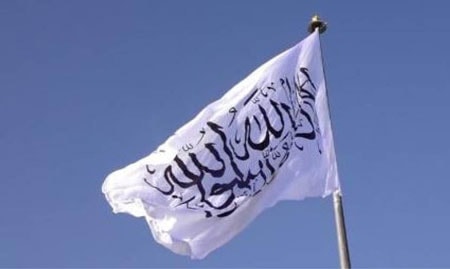The Islamic Emirate’s deputy spokesperson, Bilal Karimi, made no mention of holding a national dialogue.
“Since the Islamic Emirate came to power, a strong central system has been established, and there are no ethnic, political, or religious islands in the nation, the Islamic Emirate wants those who have reservations to return through the contact commission,” he stated.
However, some political figures said that the national dialogue is required in the nation and that Afghanistan needs it for its well-being.
“If the Islamic Emirate wants to live in peace, rule the nation, and finally find a place in the hearts of the people, it should create the conditions for national dialogue so that the people of Afghanistan can be confident that it is not the same as the republic,” said Sayed Ishaq Gilani, leader of the National Solidarity Movement of Afghanistan.
“The world now calls for peace and discussion, a very good consensus has been created, a very suitable chance has been made, which was not paved many years ago,” said Sanger Amirzada, an expert in international relations.
Thomas West, the US special envoy for Afghanistan, and a number of other political figures, including Gulbuddin Hekmatyar, the leader of the Hizb-e-Islami party, former High Council for National Reconciliation Chairman Abdullah Abdullah, and former President Hamid Karzai, have stressed the need for a national dialogue to be established in order to solve the country’s current issues.
“Launching a national dialogue, exchanging ideas, and coming to an agreement to tackle Afghanistan’s issues is a basic and urgent need,” said Fazl Hadi Wazeen, political expert.
One of the four components of the Doha Agreement between the Islamic Emirate and the US called for intra-Afghan discussions.—Tolonews










